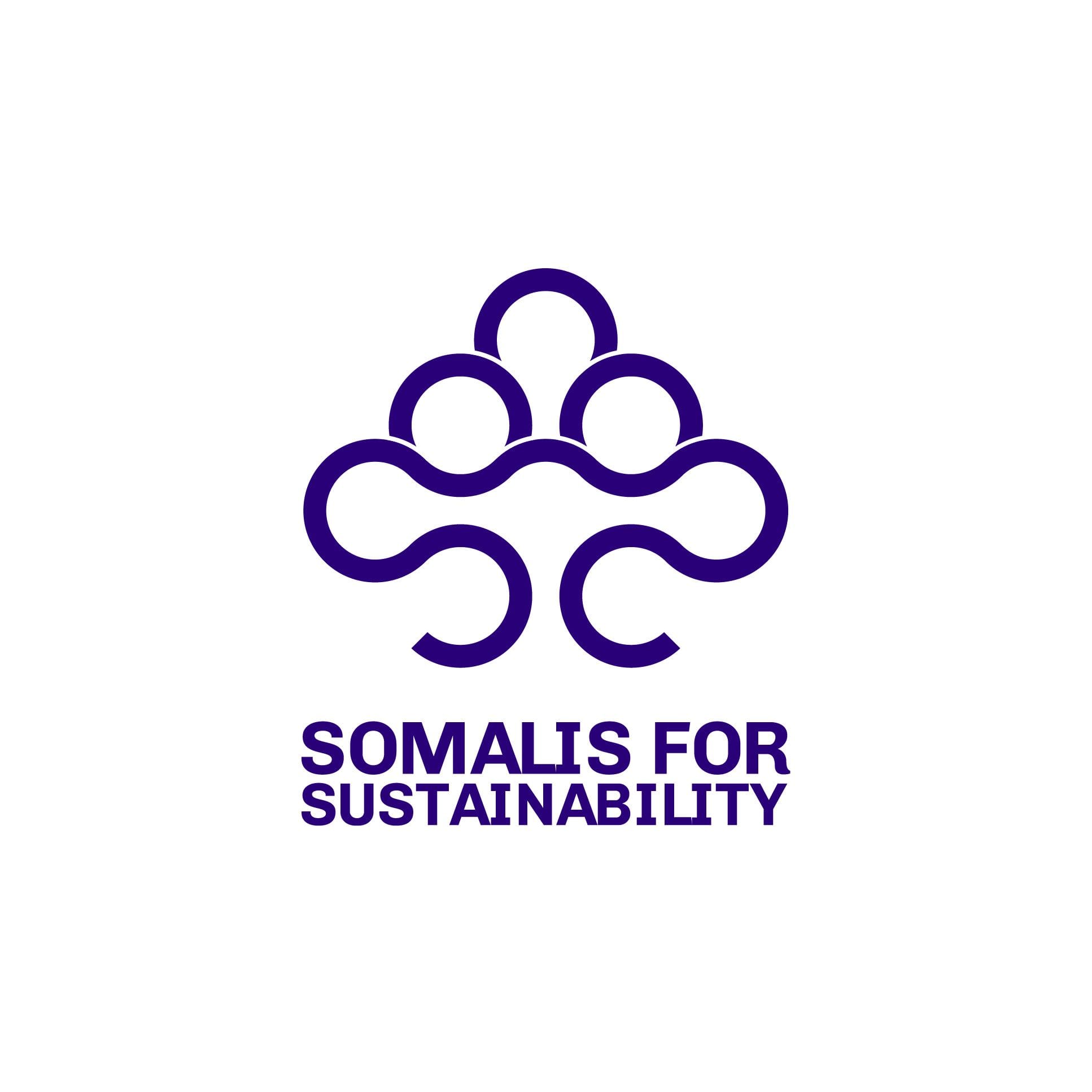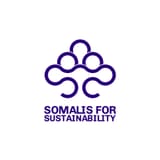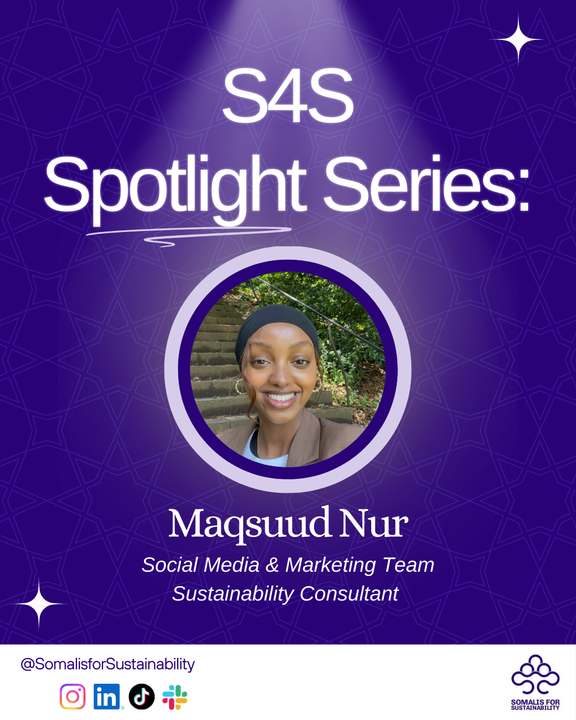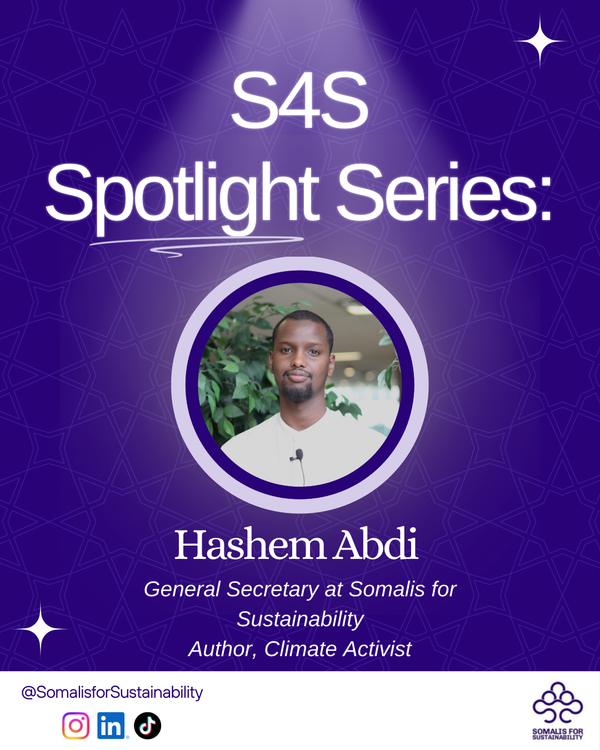Maydi Newsletter: Jan 2025
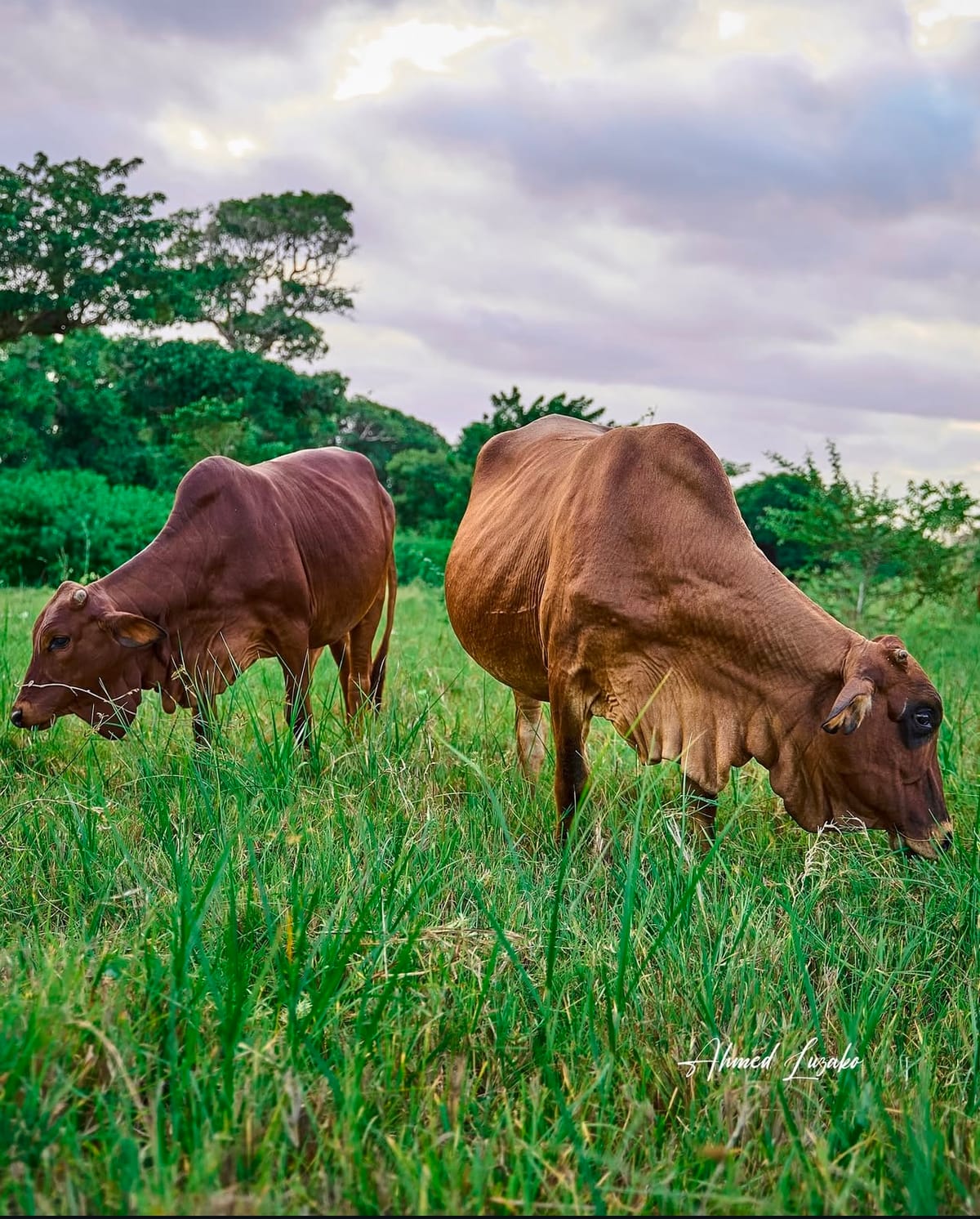
Hi everyone!
The moment you’ve all been waiting for has arrived – this month’s edition of the Maydi Newsletter is here!
2025 is shaping up to be a challenging year for everyone working towards climate action, especially with the US withdrawing from the Paris Agreement for the second time following Trump’s executive order. Nevertheless, we at S4S remain committed to sharing the latest climate news from the Somali Horn, where climate change continues to deeply affect lives.
In this edition, we delve into an academic study exploring how climate change has impacted pastoralism, alongside an analysis of the climate finance landscape in Somalia.
And don’t miss out – our first in-person event is happening tomorrow in London! Be sure to read to the end and grab one of the last remaining tickets. You seriously don’t want to miss this!
Thank you, as always, for reading
What is the latest in the Horn?
An academic study examining how climate change impacts the traditional nomadic lifestyle in Somalia 🐪
Despite contributing only 0.08% to global emissions, Somalia suffers some of the world’s harshest climate-induced vulnerabilities due to extreme poverty, limited infrastructure, and a fragile ecological balance. The research undertaken by our advisory board member Dr Eric Herring, in collaboration with others, explores the ways that the climate crisis in the region is exacerbated by the Somali nomadic pastoralist practices of constructing livestock enclosures (locally known as 'xero') and the broader environmental degradation in arid and semi-arid regions." These enclosures, made by cutting down trees and bushes, contribute significantly to deforestation, loss of biodiversity, and soil erosion. Compounded by increasingly irregular rainfall, prolonged droughts, and rising temperatures, these practices create a continuous cycle of environmental collapse that directly undermines pastoralist's livelihoods and resilience.
Through a participatory research approach, the study engages in the co-production of knowledge, integrating academic research with the lived experiences and indigenous knowledge of Somali nomads. The foundation of the co-production approach is the concept of “with, not for”, this approach fosters mutual learning and ensures that solutions are culturally relevant and locally actionable. Nomadic participants shared a vivid account of environmental degradation, describing how the disappearance of trees has contributed to reduced rainfall, transforming once lush landscapes into barren deserts. They emphasised the cultural and economic significance of trees, not only as sources of construction material but also as integral to traditional rituals, tools, and shelters.
The research identifies the rainfall shortage worsening due to climate change and deforestation. The nomadic co-investigators expressed the belief that trees play a crucial role in encouraging rainfall by aiding cloud formation and helping the land retain rainwater. Without trees they observed the wind scatters clouds and erodes the soil, transforming semi-arid regions into barren deserts. Furthermore, the research outlines critical gaps in resources and support for these communities, while presenting an innovative idea from the participants: the development of living-tree enclosures using species like Myrrh. This proposal could potentially reverse deforestation trends by transforming xero from a driver of environmental harm into a mechanism for reforestation and climate adaptation. However, the implementation of such alternatives would require external funding and capacity-building efforts, as most nomads live in poverty and cannot afford the upfront costs of new materials or methods.
The study situates these findings within a global context, drawing attention to the shared dilemma of the Rendille nomads in northern Kenya. These nomadic communities' traditional way of life is increasingly threatened by climate-induced pressures. It critiques the global inequities of the climate crisis, where the wealthiest nations drive emissions, while vulnerable populations bear the brunt of its impacts. The research underscores the necessity of inclusive and context-sensitive climate education that amplifies the voices of marginalised groups, respects indigenous knowledge systems, and equips communities with sustainable alternatives. Ultimately, the article calls for urgent global action to address the climate crisis and its disproportionate effects on nomadic pastoralists, advocating for sustainable practices that balance ecological resilience, economic feasibility, and cultural preservation.
Climate Finance – Cracking the Code for Somalia’s National System
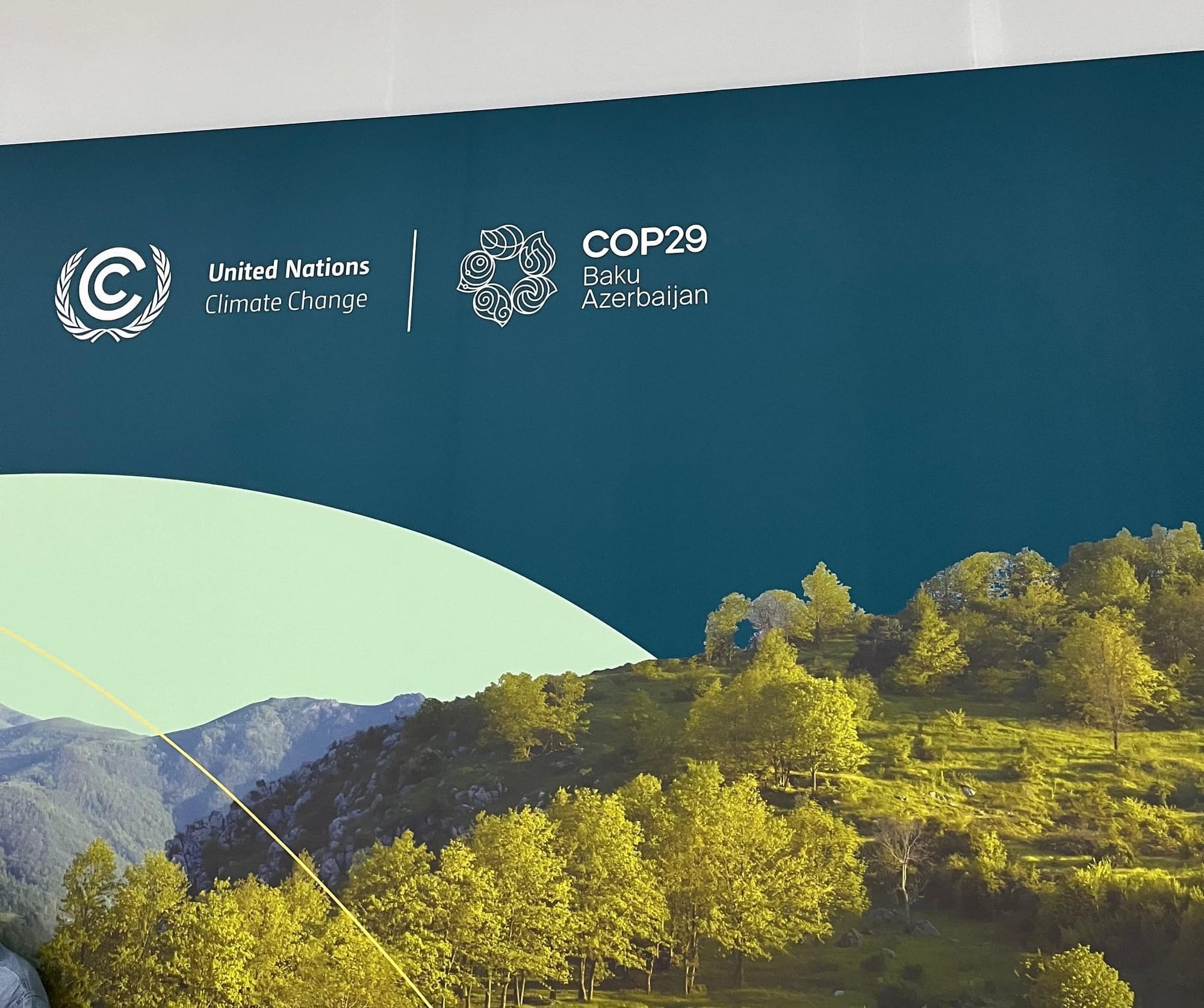
Somalia, like other countries vulnerable to climate issues, continues to face challenges in securing international economic support. Many nations attended COP29 with the shared goal of garnering as much assistance as possible while highlighting the diverse impacts of the climate crisis. However, the same recurring issues were evident at COP29—power struggles and delays in financial aid, compounded by systemic and international structural barriers. These challenges underscore the repeated difficulties fragile nations face when advocating for the support they need and the urgent need to rethink how ‘aid’ is perceived and delivered by the international community.
The article, written by the Climate Risk Institute (CRI), a Canadian government programme that provides short-term technical assistance to countries in the Sub-Saharan region, highlights significant developments in climate change policy. In our previous edition, we covered the dramatic conclusion of COP29, and recent news about President Donald Trump's plans to sign an executive order to withdraw from the Paris Agreement signals a step back from international cooperation. This fragmented approach from the United States undermines efforts to tackle climate change. The COP29 agreement, alongside these recent events, reveals differing agendas that unfortunately put vulnerable nations, such as Somalia, at a disadvantage.
Somalia, unfortunately, lacks a robust national system to manage finances effectively. This has led to increasing reliance on organisations like the Climate Risk Institute, which has been instrumental in connecting Somalia with global funding mechanisms and advancing blended finance solutions. While CRI’s support is noteworthy, it remains insufficient to address Somalia's severe climate challenges. The country is often perceived as fragile and vulnerable, contributing to the lack of significant financial backing.
Unfortunately, Somalia lacks a credible national system for managing finance. As a result, reliance on external organisations has become central to addressing some of the issues mentioned above. The Climate Risk Institute has played a key role in financially supporting Somalia, particularly by connecting the country with global funding mechanisms and paving the way for blended finance. While their support is significant, it remains insufficient to tackle the pressing climate challenges Somalia faces. Somalia is often portrayed as a fragile and vulnerable country, which contributes to the lack of substantial funding. Furthermore, incorporating aid from the private sector into discussions, particularly at conferences like COP29, is becoming increasingly difficult, as each sector has its interests. To address these challenges, Somalia is working to change its international image through community initiatives and reforms in financial structures.
To conclude, the Climate Risk Institute (CRI) highlighted several actions that support Somalia in reaching its short-term goals:
- Sustained advocacy that will leverage the momentum gained through new and evolving relationships with key international agencies (GCF, UNDP, and INGOs active in the country);
- Targeted capacity building – both technical and operational – to ensure effective project design and delivery, including transparency and accountability for the finance.
- Partnerships between the Ministry of Environment and Climate Change (MoECC) and other key ministries (Finance, planning etc.) to show national cohesion.
- A completed, endorsed and launched national climate finance strategy around which to consolidate donor support.
Somali word of the month: Haramcad (har-am-aad) 🐅

Despite the extinction of the cheetah due to habitat loss, poaching, conflict, and climate change, it continues to hold cultural significance in Somalia as the national animal and is prominently featured on the country's coat of arms. In Somali culture, the cheetah represents strength, agility, and resilience. It is admired for its graceful movement and ability to survive in harsh environments, much like the Somali people's adaptation to challenging conditions.
🗣Upcoming events/news:

🌍 One Year On & The Journey Ahead: London, UK 🇬🇧📍 January 28th, 2025 @ 6:30PM
Join us to reflect on Somalis for Sustainability’s journey over the past year. Meet the team, ask questions, and connect with others passionate about sustainability and climate action.
This event is FREE, but the last few tickets are available! RSVP to reserve your spot.
Enjoyed reading? If you haven't already, sign up below so you don't miss out on future content.
